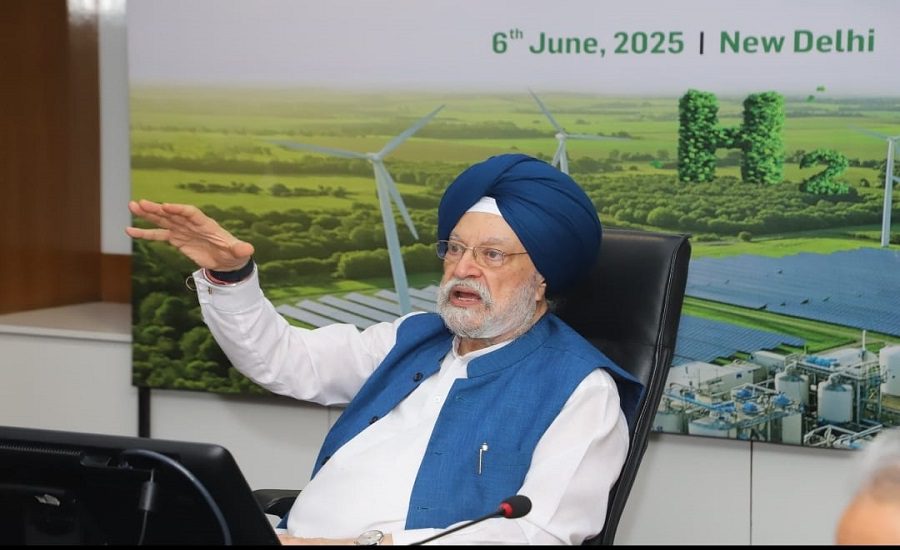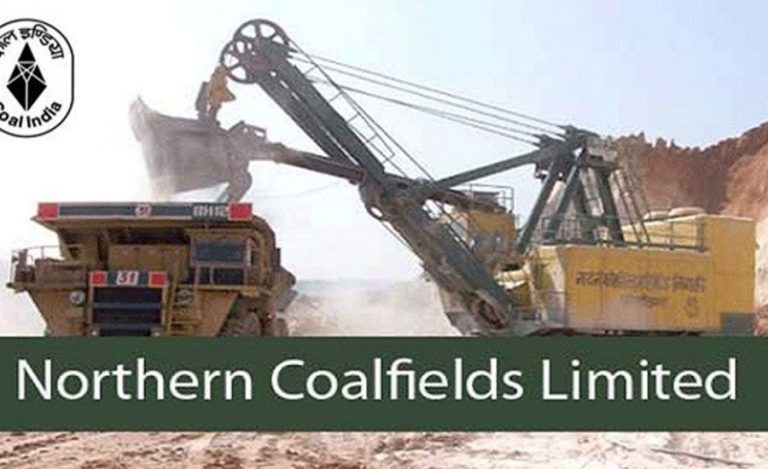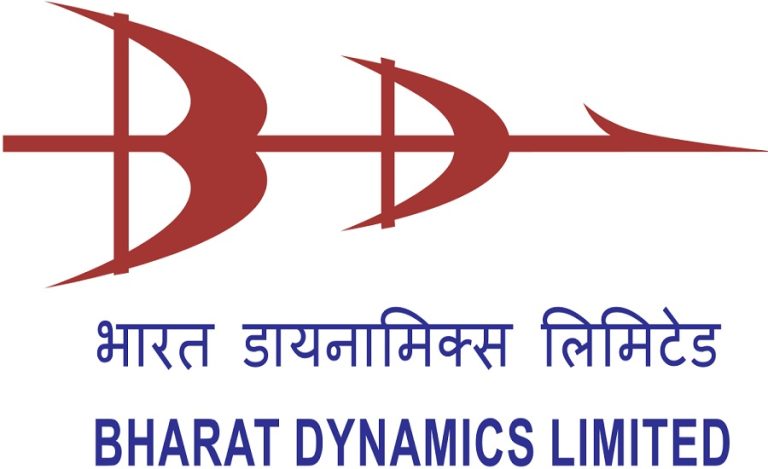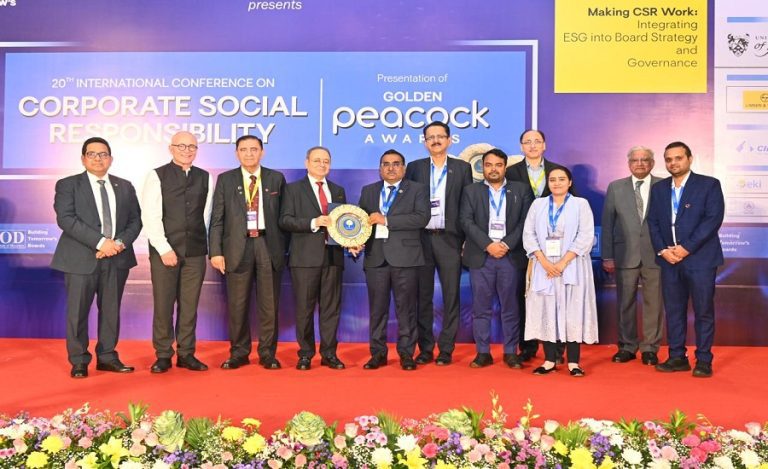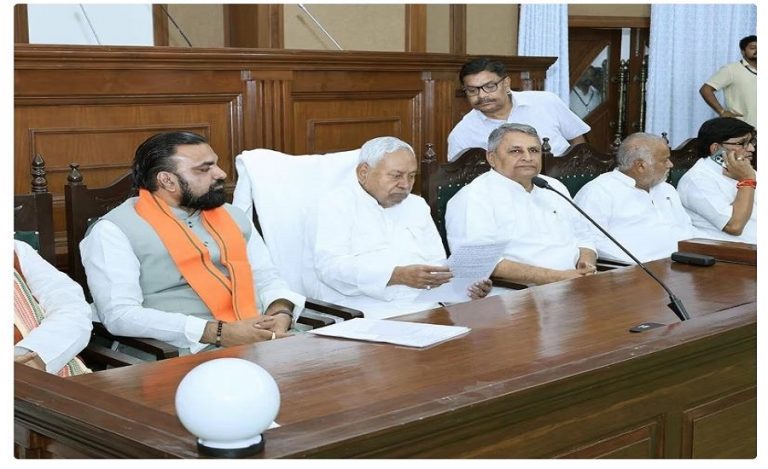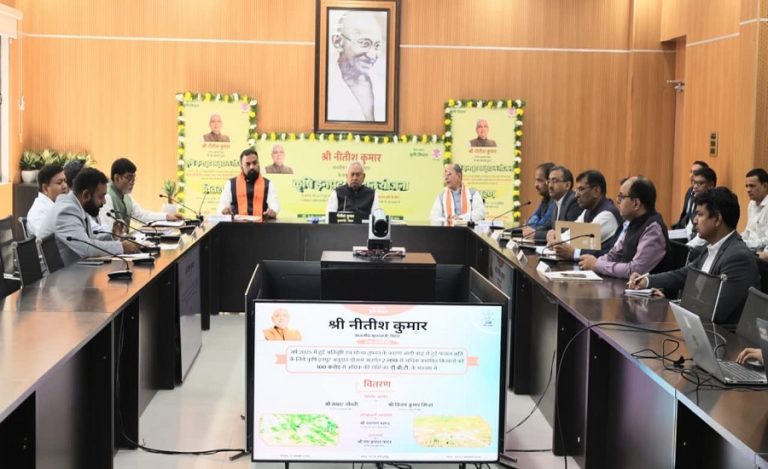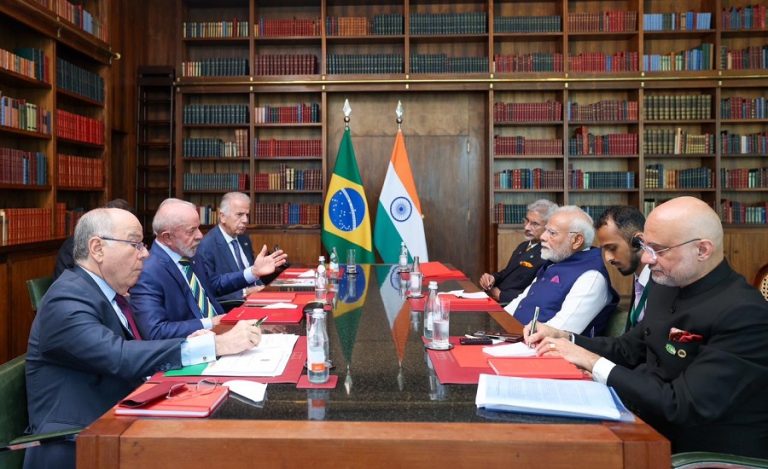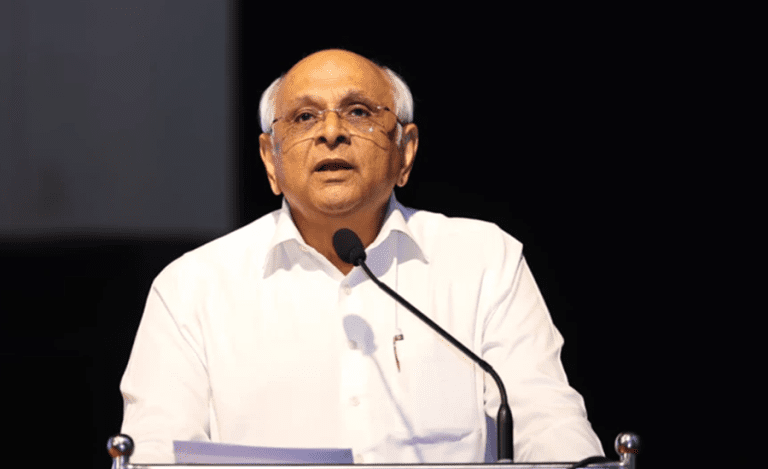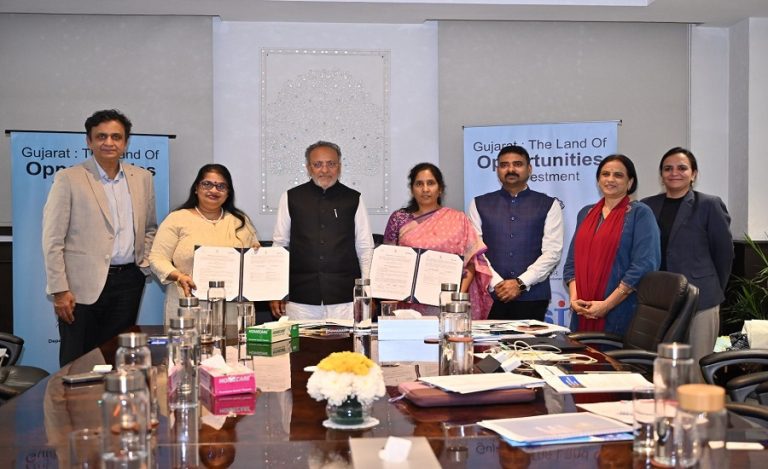New Delhi: In a major policy shift to modernise India’s upstream oil and gas regime and enhance investor confidence, the Ministry of Petroleum and Natural Gas has released the draft Petroleum and Natural Gas Rules, 2025, introducing sweeping reforms covering fiscal stability, infrastructure sharing, environmental oversight, and clean energy integration.
The draft rules – released by the Directorate General of Hydrocarbons (DGH) – are designed to replace the outdated Petroleum Concession Rules, 1949 and Petroleum and Natural Gas Rules, 1959, positioning India’s hydrocarbon sector for a new era of investment and regulatory clarity.
Stabilisation Clause for Investor Protection
At the heart of the proposed reforms is a stabilisation clause, which ensures financial protection for exploration and production (E&P) operators if future legal, tax, or fiscal changes negatively impact their returns. Operators would be eligible for compensation or deductions in case of increased tax rates, royalties, duties, or other statutory levies.
This clause aims to boost long-term investor confidence by reducing regulatory uncertainty – particularly critical ahead of India’s upcoming OALP Round X, its largest exploration bidding round to date.
Mandatory Infrastructure Sharing to Open Access
In another bold move, the draft mandates third-party access to underutilised pipelines and oilfield infrastructure. Lessees must declare spare capacity and offer fair, non-discriminatory access to others. The government will have powers to assess and enforce such sharing, reducing redundancy and enabling smaller players to participate more competitively.
Reforms Will Make E&P “Easier, Faster, and More Profitable”: Puri
In a post on social media platform X, Union Petroleum Minister Hardeep Singh Puri said, “A series of pathbreaking policy reforms are being implemented to promote exploration & production… These changes increase the ease of doing business for our E&P operators.”
Puri affirmed that the government conducted multi-level stakeholder consultations, and that the new legal and contractual frameworks will make hydrocarbon exploration in India “easier, faster and more profitable.”
Oilfields to Host Green Energy Projects
In a landmark provision, lessees will now be permitted to develop renewable energy and hydrogen projects within their oilfields – including solar, wind, geothermal, and green hydrogen – as long as they don’t disrupt petroleum operations. Development plans for such projects must receive prior approval and integrate with existing production and safety protocols.
This move reflects India’s strategic pivot toward an integrated energy transition model that leverages existing fossil fuel infrastructure.
Environmental Oversight and Emissions Reporting Formalised
For the first time, the rules embed mandatory greenhouse gas (GHG) emissions monitoring, reporting, and a framework for carbon capture and storage (CCS). Lessees will also be required to:
- Create site restoration funds
- Perform post-closure monitoring for at least five years
- Comply with environmental safeguard protocols throughout project lifecycles
Government to Control All Oilfield Data
The government will retain ownership of all data and samples collected during exploration and production activities. While lessees may use this data for internal operations and research, any export or external use will require formal approval. Data confidentiality will be protected for up to seven years, depending on the nature of the content.
Expanded Legal Powers and Contract Clarity
A new Adjudicating Authority (minimum rank: Joint Secretary) will oversee rule enforcement, dispute resolution, and penalties. The draft also provides mechanisms for:
- Lease mergers and extensions
- Unitisation of reservoirs spanning multiple blocks
- Cancellation or relinquishment of leases
Accompanying the rules are revised versions of the Model Revenue Sharing Contract and Petroleum Lease format, which include procedural clarity on key issues such as lease termination, land use, and reservoir development strategy.
Stakeholder Feedback Open Until July 17
The Ministry has invited public and industry feedback on all three documents – the draft rules, revenue sharing contract, and lease format – until July 17, 2025, via email to [email protected].
The consultation process will conclude at Urja Varta 2025, a high-level government-industry dialogue event scheduled for July 17 at Bharat Mandapam, New Delhi.

